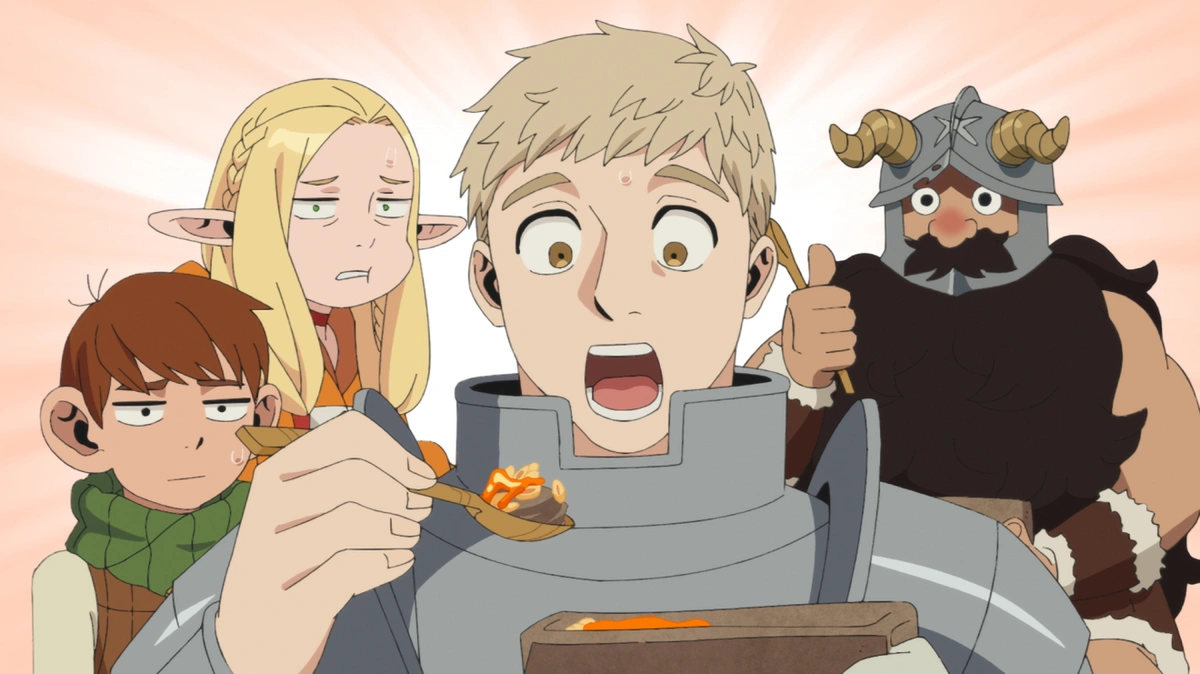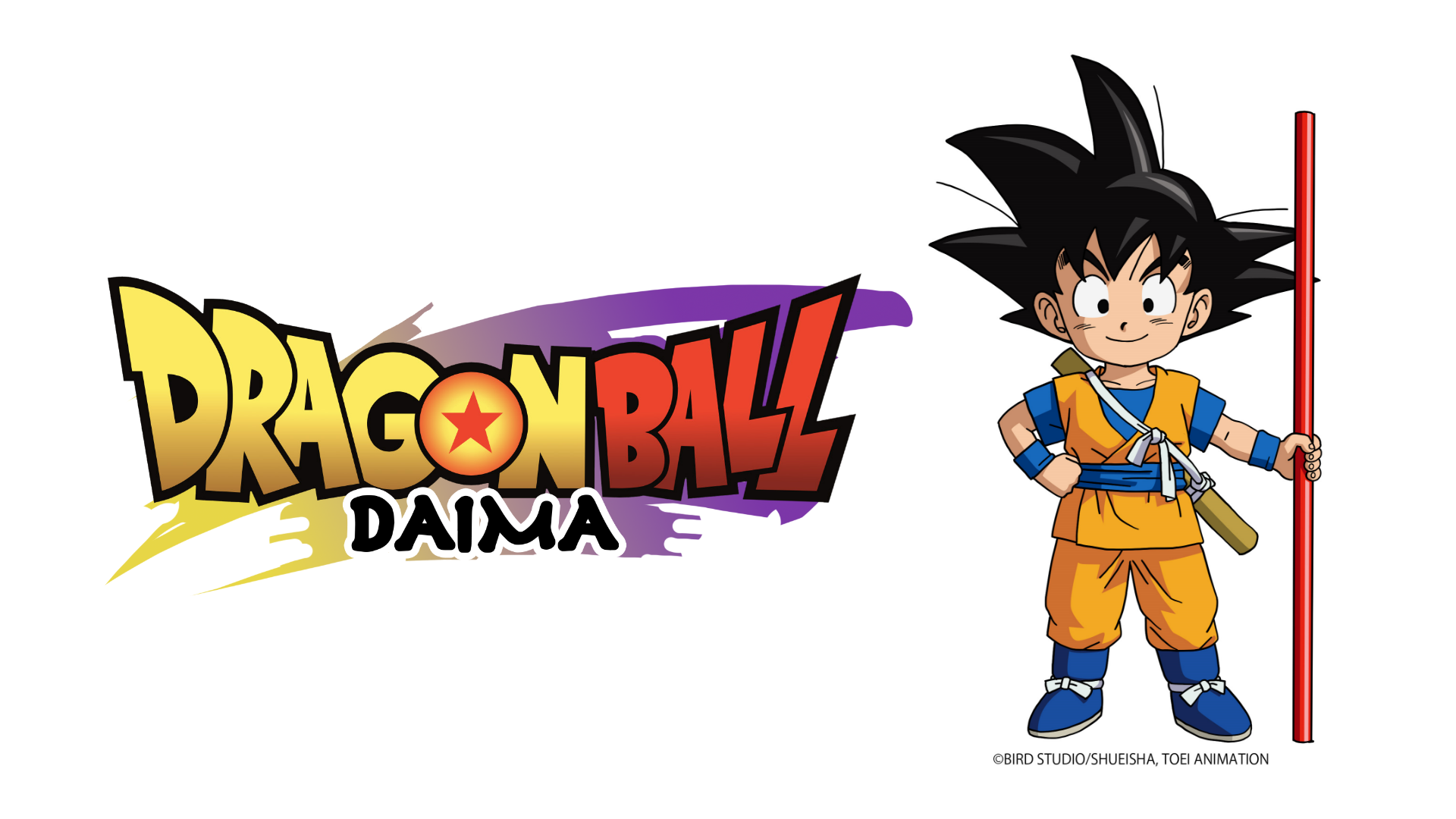Iconic screenwriter-director-producer James L. Brooks, whose acclaimed films include Terms of Endearment, Broadcast News, and As Good As It Gets, has been named the recipient of the Writers Guild of America West’s 2018 Laurel Award for Screenwriting Achievement in recognition of his extraordinary career and body of work. He will be honored at the 2018 Writers Guild Awards West Coast ceremony on Sunday, February 11, at The Beverly Hilton in Beverly Hills.
“James L. Brooks looms large for writers in our business. His movie scripts walk a razor’s edge; they are comedies that are tinged with tragedy, they have moments of absurdity mixed with sharply observed truths. The beauty of his work is that you never hear the writer behind it, his characters talk like real people and his scripts feel like life. We at the WGAW Board of Directors consider it our honor to give him this award,” said WGAW President David A. Goodman.
One of the most revered and influential creative artists in film and television, Brooks is a three-time Academy Award winner, an 18-time Emmy Award winner, and four-time Writers Guild Award winner.
Brooks launched his TV writing career during the mid-’60s, landing a gig writing for CBS News broadcasts based in New York, before moving to Los Angeles to pen several episodes of The Wolper Specials documentary series. He then segued into scripted programming, writing for numerous TV series, including Men in Crisis, My Mother the Car, My Three Sons, The Andy Griffith Show, and That Girl, which earned him his first WGA Episodic Comedy nomination in 1968.
A WGAW member since 1965, Brooks soon emerged as a major force in television, going on to create or co-create, write, and produce numerous hit television series that helped define an era, including the ground-breaking The Mary Tyler Moore Show (1970-77, Created by Brooks and Allan Burns) – one of the first primetime TV series to feature an independent working woman at its center – and its trio of hit spin-offs, Rhoda (1974-78, Created by Brooks & Allan Burns, Developed by David Davis & Lorenzo Music), Lou Grant (1977-82, Created by Brooks and Allan Burns and Gene Reynolds, Developed by Leon Tokatyan), and Phyllis (1975-77, Created by Ed Weinberger & Stan Daniels) – as well as Taxi (1978-83, Created by Brooks and Stan Daniels and David Davis and Ed Weinberger).
After an extensive and prolific career in television during the ’60s and ’70s, Brooks made the transition to the big screen at the close of the decade, penning the screenplay for 1979’s Starting Over, based on the novel by Dan Wakefield, which he co-produced with Alan J. Pakula, which earned Brooks a WGA screenplay nomination (Comedy Adapted from Another Medium).
He went on to write, direct, and produce the acclaimed 1983 dramedy classic, Terms of Endearment, adapted from the novel by Larry McMurtry. The film, which garnered eleven Oscar nominations, earned Brooks three Academy Awards, including Best Writing (Screenplay Based on Material from Another Medium), Best Director, and a Best Picture Oscar, as well as a Writers Guild Award for his screenplay (Best Comedy Adapted from Another Medium) and a Golden Globe for Best Screenplay. Terms co-stars Jack Nicholson and Shirley MacLaine also earned Best Actor and Best Actress Oscars for their performances.
Next, he wrote, directed, and produced 1987’s Broadcast News, a sharp, incisive behind-the-scenes glimpse of a network TV news room based on his own experiences, which won the New York Dramas Critics Award for Best Picture and Best Screenplay, received Oscar noms for Best Picture and Best Original Screenplay, and earned WGA and Golden Globe screenplay noms.
Through his own Gracie Films production banner, established in 1984, Brooks executive produced the feature film Say Anything…, which was Cameron Crowe’s directorial debut, produced The War of the Roses (screenplay by Michael Leeson) and produced Big with Robert Greenhut, which was Anne Spielberg & Gary Ross’ first screenplay.
Brooks made a leap to the stage, writing, directing, and producing his debut play, “Brooklyn Laundry,” which premiered in Los Angeles in 1990. That same year, Brooks’ production company, Gracie Films, inked an overall deal with Sony Pictures. He produced two new series for ABC – primetime animated series The Critic and Phenom – as well as directed the innovative musical dramedy feature film, I’ll Do Anything. In 1996, Brooks executive produced, Bottle Rocket, the debut film co-written and directed by Wes Anderson, and produced Jerry Maguire, written and directed by Cameron Crowe, sharing a Best Picture Oscar nomination.
In 1997, Brooks co-wrote, produced, and directed the box-office smash, As Good As It Gets (Screenplay by Mark Andrus and James L. Brooks, Story by Mark Andrus). The well-received film received seven Academy Award nominations, including Best Picture and Best Writing (Screenplay Written Directly for the Screen), as well as Best Actor and Best Actress wins for co-stars Jack Nicholson and Helen Hunt. Brooks also earned a Writers Guild Award (Best Screenplay Written Directly for the Screen), shared with co-screenwriter Andrus.
Following up the critical and commercial success of As Good As It Gets, Brooks wrote and directed the 2004 dramedy Spanglish, and in 2007 Brooks co-wrote and produced The Simpsons Movie, the big-screen version of Fox’s hit animated series, the longest-running scripted series on television to date. In 2010, Brooks wrote and directed the romantic comedy How Do You Know, and most recently produced the 2016’s Edge of Seventeen, written and directed by Kelly Fremon Craig, making her directorial debut.
Brooks’ other TV writing credits include creating the trail-blazing high school drama Room 222, which aired from 1969-1974 and was notable as one of the first TV series to feature a black male in a lead role, as well as co-creating The Tracy Ullman Show (Created by Brooks, Jerry Belson, Ken Estrin, Heide Perlman), a boundary-pushing comedy-variety series which ran from 1987-1990 and debuted The Simpsons characters in a series of inspired animated shorts, which ultimately led to the launch of The Simpsons animated TV series (Created by Matt Groening, Developed by Brooks, Matt Groening, Sam Simon) that would leave an indelible mark on pop culture, and the telefilm, Thursday’s Game, which he wrote and produced. Brooks was also part of the writing team for TV’s Stand Up to Cancer telethons in 2008 and 2010, which raised millions to combat cancer.
In addition to his acclaimed film career, Brooks has received numerous accolades for his work on television: In addition to multiple Emmy noms for his work on The Mary Tyler Moore Show, including noms Outstanding New Series and Outstanding Comedy Series for its debut season, and WGA Episodic Comedy noms for MTM in 1973 and 1978, Brooks earned an Emmy for Outstanding Writing Achievement in Comedy (shared with Allan Burns) in 1971, a trio of shared Emmys for Outstanding Comedy Series in 1975, 1976, and 1977, as well as a ’77 Emmy for Outstanding Writing in a Comedy Series for the series’ memorable final episode, “The Last Show” (shared with co-writers Burns, Ed Weinberger, Stan Daniels, David Lloyd, and Bob Ellison). In addition, MTM spin-off shows – from sitcom (Rhoda) to drama (Lou Grant) – earned Brooks Emmy noms for Outstanding Drama Series (Lou Grant, 1978) and Outstanding Comedy Series and Outstanding Writing in a Comedy Series (Rhoda, 1975).
Brooks followed his MTM run by garnering three Outstanding Comedy Series Emmys for the critically acclaimed comedy series Taxi in 1979, 1980, and 1981. In addition to multiple Emmy noms, Brooks shared an Emmy win for Outstanding Variety, Music or Comedy Program for The Tracey Ullman Show in 1989, as well as an Emmy for Outstanding Writing in a Variety or Music Program in 1990. As a co-developer and executive producer of Fox’s The Simpsons, Brooks has received numerous Emmy noms over the show’s decades-long run and earned ten shared Emmys for Outstanding Animated Program between 1990 and 2008.
In 1998, Brooks received the WGAW’s Paddy Chayefsky Laurel Award for Television Writing Achievement, the Guild’s highest honor for television writing, shared with his frequent TV writing partner Allan Burns. In 2006, Brooks received the WGAE’s Herb Sargent Award for Comedy Excellence, given to a writer who “embodies the spirit, commitment, and comic genius” of the late Sargent.
In 2007, he received the Gold Derby TV Award for lifetime achievement, in 2015 he received TCA’s Career Achievement Award, and in 2017 received the PGA’s Lifetime Achievement Award in Television for his prolific career.
Next up, Brooks is in the home stretch to finish his latest screenplay.
The WGAW’s Laurel Award for Screenwriting Achievement is awarded to a Writers Guild member who has advanced the literature of motion pictures and made outstanding contributions to the profession of the screenwriter. Past recipients include Elaine May, Oliver Stone, Harold Ramis, David Mamet, Robert Towne, Tom Stoppard, Paul Mazursky, Lawrence Kasdan, Eric Roth, and Steven Zaillian.

Streaming
Top Five anime in 2024

As an anime enthusiast and entertainment journalist, I’ve curated a list of the top five must-see anime series of 2024. These selections showcase the diversity and creativity that define the medium, offering compelling narratives and stunning animation.

Delicious in Dungeon
This series combines culinary arts with fantasy adventure, following a group of dungeon explorers who cook and eat the monsters they defeat. The unique premise and mouth-watering depictions of fantasy cuisine make it a standout this year. Kaiju No. 8
Set in a world plagued by kaiju attacks, the story centers on a protagonist who gains the ability to transform into a kaiju himself. The series offers a fresh take on the kaiju genre, blending action with deep character development.

Kaiju No. 8
Set in a world plagued by kaiju attacks, the story centers on a protagonist who gains the ability to transform into a kaiju himself. The series offers a fresh take on the kaiju genre, blending action with deep character development. Solo Leveling
Adapted from the popular web novel, this anime follows a weak hunter who becomes the world’s strongest after a mysterious system grants him unique abilities. Its dynamic animation and gripping storyline have captivated audiences worldwide.

Solo Leveling
Adapted from the popular web novel, this anime follows a weak hunter who becomes the world’s strongest after a mysterious system grants him unique abilities. Its dynamic animation and gripping storyline have captivated audiences worldwide. The Elusive Samurai
Set in feudal Japan, this historical series follows a young samurai who uses his agility and wit to survive in a turbulent era. The anime’s blend of historical context and engaging action sequences has garnered critical acclaim.

The Elusive Samurai
Set in feudal Japan, this historical series follows a young samurai who uses his agility and wit to survive in a turbulent era. The anime’s blend of historical context and engaging action sequences has garnered critical acclaim. Dragon Ball Daima
The latest installment in the iconic Dragon Ball franchise, this series introduces new transformations and challenges for Goku and his friends. Its high-octane battles and nostalgic elements appeal to both longtime fans and newcomers.

Dragon Ball Daima
The latest installment in the iconic Dragon Ball franchise, this series introduces new transformations and challenges for Goku and his friends. Its high-octane battles and nostalgic elements appeal to both longtime fans and newcomers. These anime series exemplify the innovation and storytelling prowess that continue to drive the medium’s global popularity. Whether you’re a seasoned otaku or new to anime, these titles are essential viewing for 2024.
Movie
Mechanic Rocky

“Mechanic Rocky” is a 2024 Indian Telugu-language action comedy film that marks the directorial debut of Ravi Teja Mullapudi, who also penned the script. Produced by Ram Talluri under SRT Entertainments, the film features Vishwak Sen in the titular role, with Meenakshi Chaudhary and Shraddha Srinath as the female leads. The technical crew includes Manojh Reddy Katasani handling cinematography, Anwar Ali in charge of editing, and Jakes Bejoy composing the music.
The narrative centers on Rakesh, affectionately known as Rocky, a cheerful mechanic who operates his family’s auto repair shop. His life takes a tumultuous turn when he becomes entangled with two women, Apsara and Priya, both of whom develop romantic interests in him. Complications escalate as Ranki Reddy, a ruthless land grabber portrayed by Sunil, sets his sights on Rocky’s garage, leading to a series of confrontations that blend action, drama, and elements of comedy.
Vishwak Sen delivers a commendable performance, embodying Rocky with a blend of charm and intensity that resonates well with the audience. Meenakshi Chaudhary and Shraddha Srinath provide solid support, each bringing depth to their respective roles. Sunil’s portrayal of the antagonist adds a compelling layer to the film, enhancing the overall narrative.
The film’s music, composed by Jakes Bejoy, complements the storyline effectively, with tracks like “Gulledu Gulledu” and “Oo Pillo” standing out for their catchy tunes and engaging choreography.
Critically, “Mechanic Rocky” has received mixed reviews. The Times of India describes it as “an underdog tale blending drama, action, and redemption,” highlighting its genre-blending approach. Great Andhra notes that the film “feels like two different films,” with a tedious first half and a more engaging second half. 123telugu.com echoes this sentiment, stating that while the second half is gripping, the first half is dull, ultimately calling it a “decent watch.”
In conclusion, “Mechanic Rocky” offers a blend of action, comedy, and drama, with strong performances and engaging music. However, its uneven pacing and predictable plot developments may detract from the overall experience for some viewers. As an entertainment journalist and Indian cinema enthusiast, I would rate “Mechanic Rocky” a 6 out of 10, acknowledging its strengths while noting areas where it could have delivered more effectively.
Movie
Nosferatu

Rating: 8/10
Director: Robert Eggers
Writer: Robert Eggers
Studio: Focus Features
Cast: Bill Skarsgård (Count Orlok), Lily-Rose Depp (Ellen), Nicholas Hoult (Thomas Hutter)
Robert Eggers’ Nosferatu (2024) is a stunning reimagining of F.W. Murnau’s 1922 silent horror classic, blending a gothic atmosphere with Eggers’ meticulous attention to historical authenticity. The film succeeds in delivering an eerie, slow-burn horror experience that respects its source material while bringing a modern edge to the genre.
Bill Skarsgård shines as the grotesque and unsettling Count Orlok, his performance capturing the monster’s primal terror with chilling intensity. Opposite him, Lily-Rose Depp brings emotional depth to Ellen, combining vulnerability and quiet strength as she navigates Orlok’s dark obsession. Nicholas Hoult’s portrayal of Thomas Hutter adds a grounded, human element to the supernatural narrative, providing a strong counterbalance to the horror.
The film is a visual triumph, with cinematographer Jarin Blaschke’s use of chiaroscuro lighting creating a hauntingly gothic ambiance reminiscent of German Expressionism. Every frame is a masterpiece, enriched by intricate period-accurate production design and costumes. Robin Carolan’s haunting score enhances the foreboding tone, immersing audiences in the shadowy world of 19th-century Europe.
Eggers’ direction is deliberate, favoring atmosphere and tension over jump scares. This methodical approach may challenge viewers seeking more conventional horror pacing but rewards patience with an experience steeped in dread and unease.
However, the film’s stylized nature can create a sense of emotional detachment for some audiences, and its slow pacing may not resonate universally. Despite these minor critiques, Nosferatu stands as a testament to Eggers’ commitment to crafting meaningful, atmospheric cinema.
For fans of gothic horror and classic cinema, Nosferatu is a must-see that revitalizes a seminal narrative with artistry and reverence.

